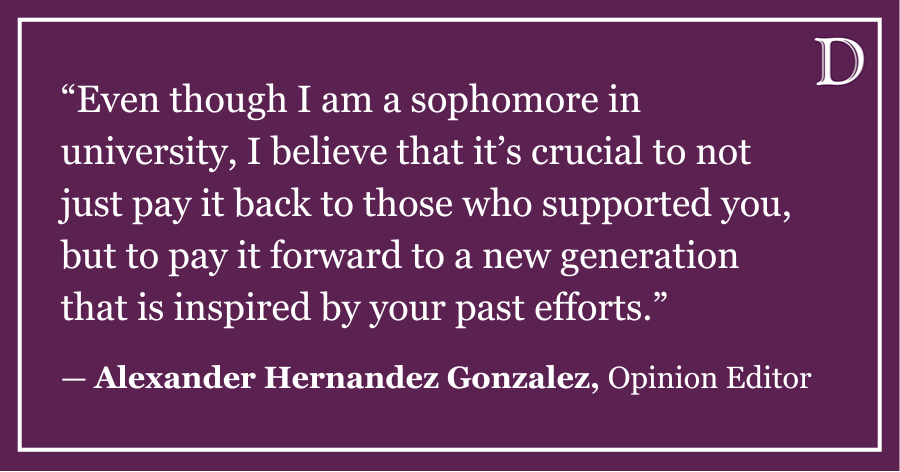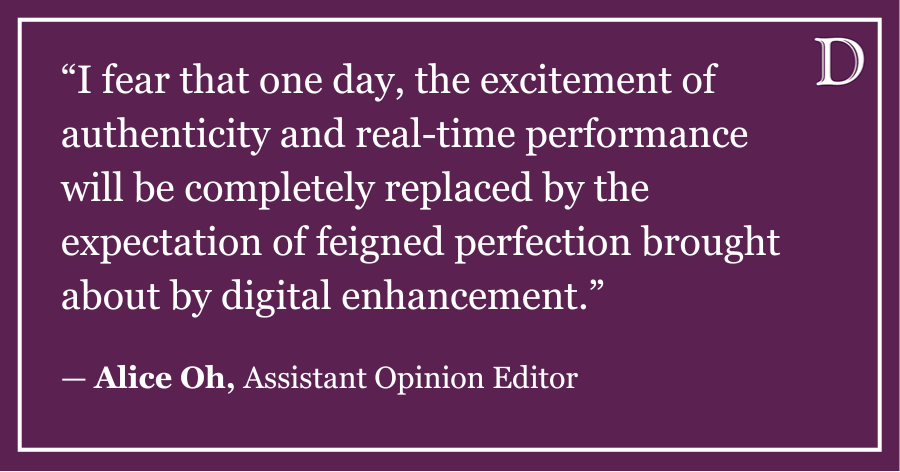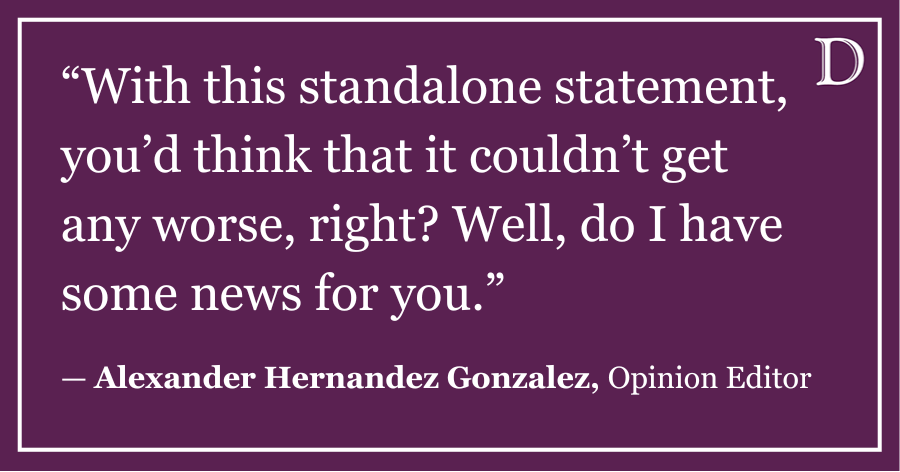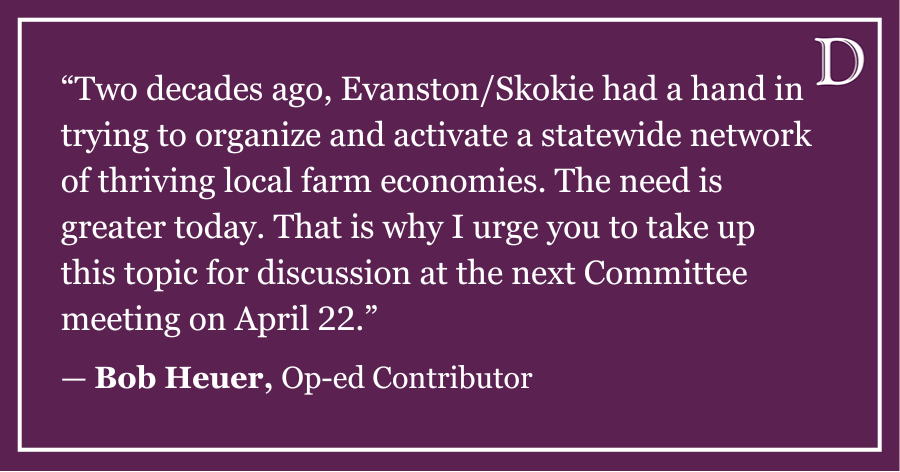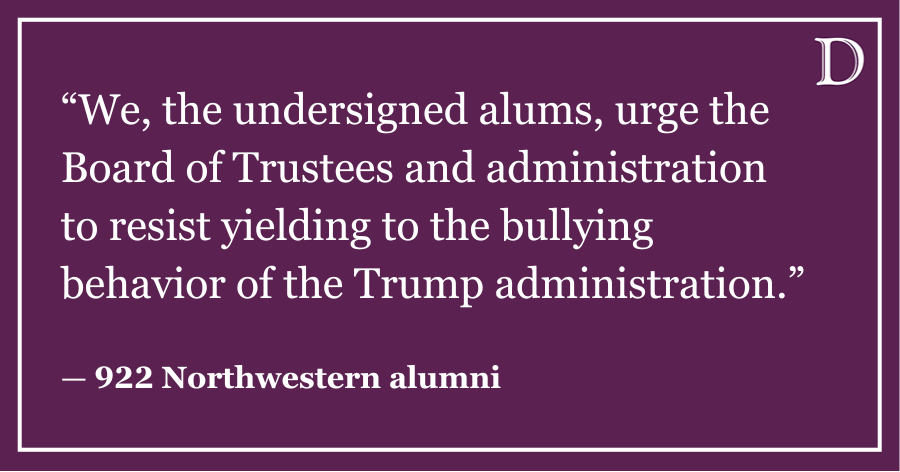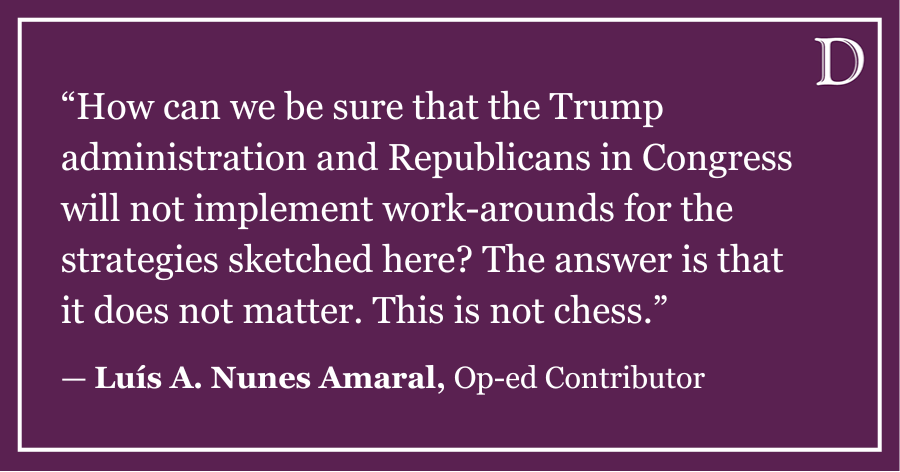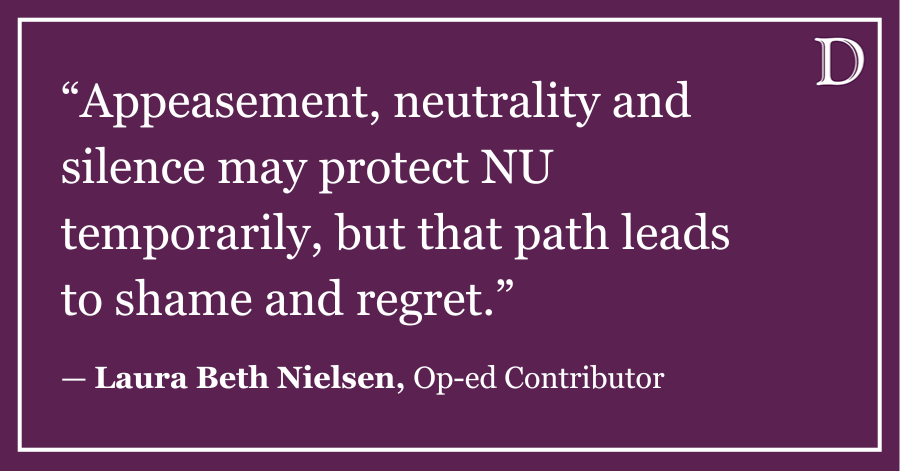As students prepare their resumes and search for internships, I cannot help but reflect on the number of my friends that already seem to have their lives figured out. Everywhere I go I find students that are “pre-something”: Pre-meds struggle through chemistry, pre-law students already know the U.S. News and World Report law school rankings from memory and economics majors plan out how to make their future employers pay for their MBAs. And, of course, everyone wants a job after graduation.
The pressure to have a plan for the future, even in the beginning of college, is very real and very intense, especially at Northwestern. But do we Northwestern students, uncertain about our futures, put ourselves at a disadvantage? Getting an early start on our science classes will keep us from taking multiple hard classes at once if we decide we want to pursue medicine as juniors. Knowing we want to be journalists will help us get those dreaded Medill intro classes out of the way quickly. Though it is important to focus on the future, the Northwestern community should make a cultural shift to avoid making students feel pressured to pick a path very early in their college career.
Students that are expected to make choices about their majors and career plans early rather than taking time to explore their options can undermine themselves in the long run. By taking a few different types of courses as a freshman, a student can determine what he or she wants out of college early enough. The Weinberg College of Arts and Sciences distribution requirements aim to do just this: expose students to a variety of fields and hope they find their passion along the way. Too many students see distros as a way to boost their GPA to help impress an employer or grad-school rather than a chance for exploration.
Finally, although it is important to prepare for life after college, students should not necessarily feel pressure to have their grad-school resume ready by the end of college. For example, pre-health students are advised to consider taking a year off prior to attending medical school. This gives them more time during their undergraduate years to complete their premedical coursework and a year after college to gain research or clinical experience. The saying that “life is a marathon, not a sprint” holds true in preparation for grad school and, to an extent, for a career.
It makes sense to want the time and money investment of college to pay off, but this is sometimes best accomplished by not rushing. Taking time to explore one’s options ensures a student that be happy with the choice he or she ultimately makes. Preparing for grad school is an extensive process, but not one that necessarily needs to be completed entirely in four short years.
College is undoubtedly about preparing for the future, but it’s also about determining what that future will be.
Matt Gates is a Weinberg freshman. He can be reached at matthewgates2017@u.northwestern.edu. If you want to respond publicly to this column, send a Letter to the Editor to opinion@dailynorthwestern.com.



